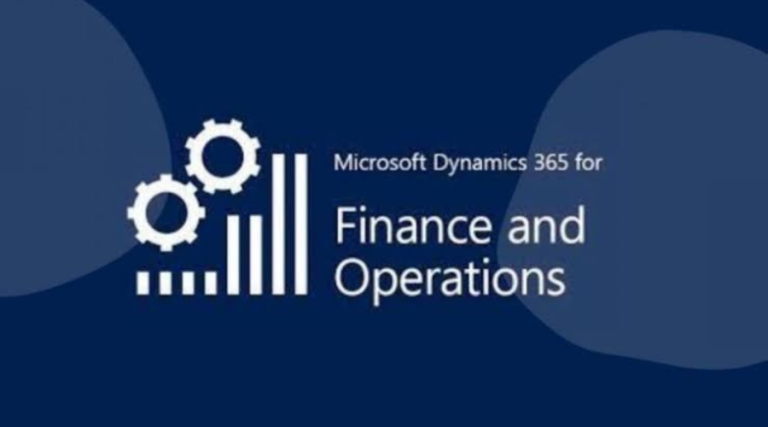The Impact of Economic Trends on Shares CFDs in Malaysia
As a burgeoning hub in Asia, Malaysia attracts numerous investors who seek opportunities within its shores. The nation benefits from a diverse economy driven by sectors such as manufacturing, services, and commodities, which collectively enhance its investment appeal. Stability in the political realm further bolsters economic confidence, attracting foreign direct investment. This influx strengthens the local currency and equips the Malaysian financial sector to operate more effectively. Interest in sophisticated investment options has surged, with an increasing focus on the versatility that contracts for difference offer. Economic shifts and trends significantly impact the performance and appeal of shares CFDs in Malaysia.
Economic Stability and Investor Confidence
Malaysia’s commitment to regulatory transparency and its proactive approach to economic management further solidify its position as a stable environment conducive to investment. Enhanced governance and strategic economic reforms have simplified processes, reduced bureaucracy, and improved business efficiency. These factors make the nation particularly attractive for investments in complex financial instruments such as share CFDs. Additionally, consistent governmental support for critical industries boosts investor confidence and encourages engagement with the financial markets. As a result, the investment landscape in Malaysia remains resilient, supported by sound policies and a forward-thinking approach, creating favorable conditions for the growth of the contracts for different sectors.
Global Economic Influences
The interconnected nature of global markets means that developments in significant economies swiftly impact smaller, interconnected economies like Malaysia. Financial analysts closely monitor these global shifts, as their implications can extend to every corner of Malaysian finance. For instance, changes in commodity prices, especially oil, significantly affect Malaysia’s export revenues, influencing economic health and investor sentiment. Moreover, shifts in interest rates set by major central banks dictate capital flow directions, impacting the valuation of Malaysian financial assets, including share CFDs. Thus, investors must stay exceptionally alert to global economic news, adapting their strategies to manage risks and harness potential gains from market fluctuations. This responsiveness to global events underscores the dynamic nature of investing in contracts for differences within a globally integrated market.
Technological Advancements and Digital Economy
The proliferation of mobile technology and high-speed internet has also transformed traditional trading models in Malaysia. Now, algorithmic trading and automated systems offer refined, rapid decision-making tools that reshape investment strategies. These technologies facilitate a continuous market data analysis, allowing for quicker adjustments in trading positions. Developing secure, robust digital infrastructures supports these technological advances, ensuring financial transactions remain safe from cyber threats. Furthermore, blockchain technology is beginning to make its mark by adding layers of security and efficiency, particularly in transaction verification processes. This technological revolution democratizes access to sophisticated financial instruments like share CFDs and ensures that the country’s financial market remains competitive and aligned with global standards. This alignment fosters a more dynamic, responsive, and inclusive economic ecosystem.
Regulatory Changes and Their Implications
Regulatory bodies in Malaysia continuously update policies to align with international economic standards, ensuring that local practices remain robust against global economic challenges. These updates often involve stricter oversight of financial activities and enhanced due diligence requirements for financial entities. As regulations become more stringent, the operational transparency within economic markets increases, which can boost global investor confidence. However, these regulatory enhancements also mean companies must invest more in compliance infrastructure, potentially leading to higher operational costs. Nonetheless, such investments are crucial for maintaining market stability and protecting investor interests. Additionally, these regulatory measures mitigate risks associated with high volatility and speculative trading, contributing to a more predictable and secure investment environment. This regulatory vigilance supports the integrity and sustainability of investing in financial instruments like contracts for difference.
Economic Outlook and Future Trends
Continued investments in infrastructure and education are set to bolster the country’s economic resilience and drive further development. This holistic approach enhances the country’s appeal as a robust investment destination. Future projections also suggest increasing regional trade agreements and collaborations, which could open new markets for Malaysian products and services. Such economic integration contributes to a broader base for CFD trading, offering diverse growth and risk management opportunities. Moreover, the push towards greener technologies and renewable energy sources aligns with global environmental goals, potentially unlocking additional funding and investment from environmentally conscious sectors. The adaptability of Malaysian industries to these new economic realities will likely play a critical role in shaping the local financial landscape, thereby influencing the strategies employed by those investing in contracts for difference. These evolving economic conditions signal a dynamic future for financial practices, with a significant impact expected on the trading of financial instruments.
The role of economic trends in shaping the landscape of shares CFDs in Malaysia cannot be overstated. Investors who closely monitor these trends and adapt their strategies can reap significant benefits. As the financial environment continues to evolve, the agility to respond to economic changes remains a crucial asset in the arsenal of the savvy investor.
Stay in touch to get more updates & news on Discover Headline!







